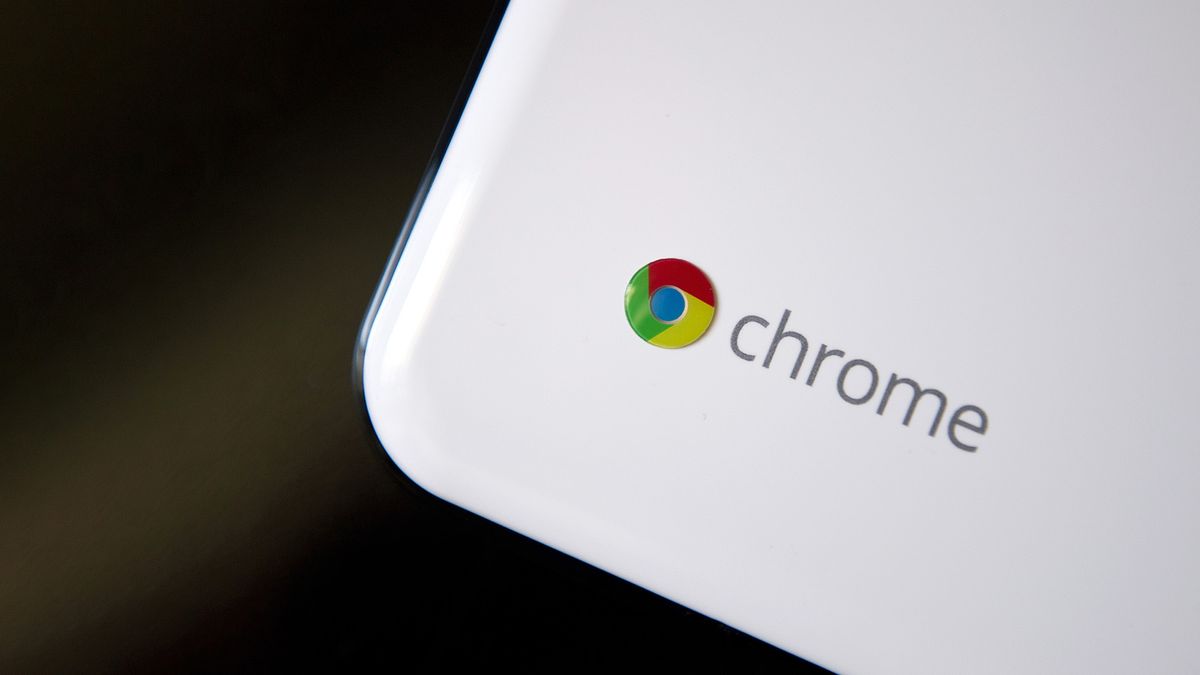Google has already been leading the pack in AI features, introducing its slew of ‘Help me’ tools, such as History Search, Tab Organizer, Tab Compare, and more. It also added these features, plus Gemini AI and AI-generated wallpapers, to its Chromebook Plus line, showing the tech giant’s willingness to enhance its laptops.
It seems that Google is launching another new AI feature for Chromebook’s ChromeOS called BlueBuddy, an AI assistant designed to understand and troubleshoot connectivity issues involving Bluetooth devices. According to WindowsReport, hints of this new AI assistant can be found in commit messages and will prompt users to “Enter an Issue and I will recommend a fix.”
The new page may be called “Troubleshoot with AI” and includes other options like Adapters, Devices, and Debug logs. As of now, it’s unclear whether this AI feature will be for all Chromebooks or just the Chromebook Plus line, though we’ll most likely find out soon.
Google is doing AI right
Google has a wide range of AI tools and features that are tailor-made for its products, with Help Me Hands-Free being one of the best applications for AI. It’s an accessibility tool that helps users navigate ChromeOS without using the keyboard (i.e., voice commands, gestures, facial features, etc.).
However, it’s neither the only nor the best part of how Google is handling AI compared to other competitors. One is the pricing of Chromebooks, which remains under $1,000 for even the most luxurious models and, therefore, keeps AI affordable for most people. Then there’s the fact that Google is attempting to mitigate the massive resource cost of AI features by allowing both local and cloud storage when using said features.
On the topic of waste, there’s the fact that Google’s ChromeOS updates are simple, fast, and don’t have minimal requirements that would result in an unmitigated ecological disaster like what will most likely happen when Windows 10 users are forced to adapt to Windows 11 and subsequentially must abandon their old machines that still function.
Google may not have all the solutions now, but as a corporate entity, it’s doing a perfectly good job of striving for a better AI future.











